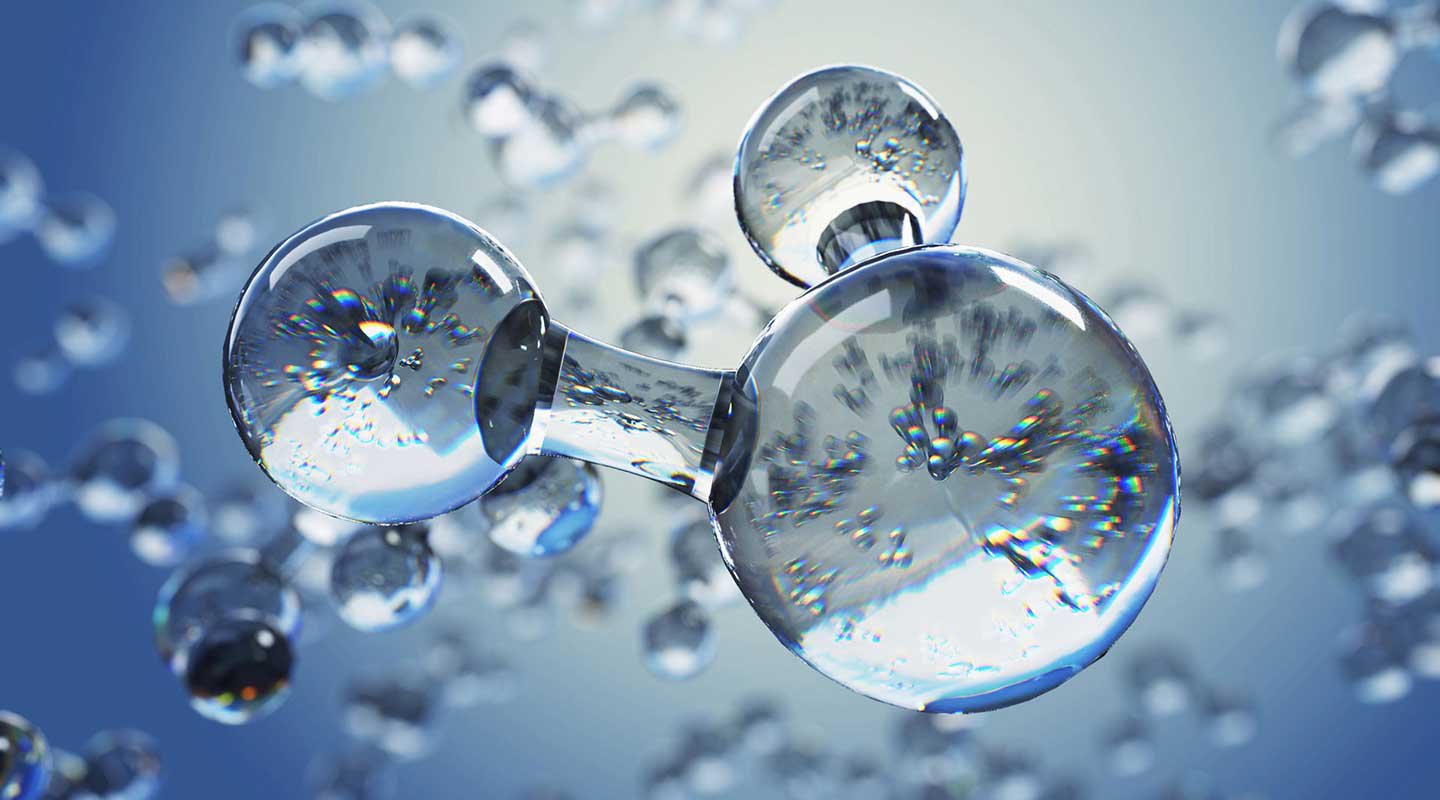We are constantly amazed at how the use of molecular hydrogen is being investigated by the medical establishment.
This week I read a study in the scientific journal JACC: Basic to Translational Medicine, about H2 in the treatment of children suffering from genetic heart defects.
It’s common for these kids to be prescribed cardiopulmonary transplants in order to live. Yes, new heart and lungs! In a kid!
It’s major surgery, and risky, particularly because it can happen that during the operation the child may be deprived of oxygen, which may cause major tissue damage – and that includes the brain!
In the study, Dr John Kheir MD, Harvard Medical researcher and cardiologist at Boston Children's Hospital's pediatric intensive care unit performed cardiopulmonary transplants on baby pigs, to determine whether H2 during and after surgery could help prevent brain damage during periods of low brain oxygen.
The result? Success! The piglets that received hydrogen therapy had much better neurological outcomes than those that didn’t receive H2.
Results were impressive enough for Dr Kheir to decide to move forward with volunteer adult human trials.
The good doctor’s work isn’t ground-breaking. Many studies and tests have already been carried out in Japan to show how hydrogen may protect the brain during oxygen loss.
It’s really only because Japanese researchers finally broke through into Western Journals that Western science is taking notice at all.
It's going to be fascinating to see how this research continues to evolve, as we continue to discover novel applications for molecular hydrogen.
Want to learn more? Go to this non-profit website for the most complete learning experience.

